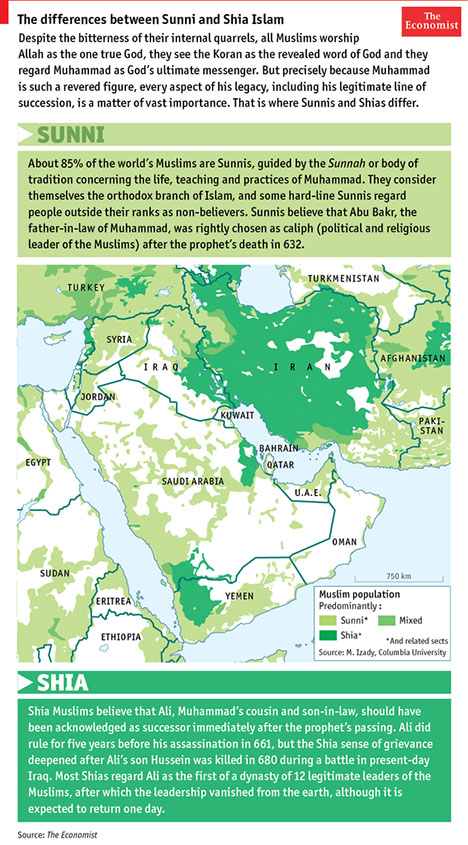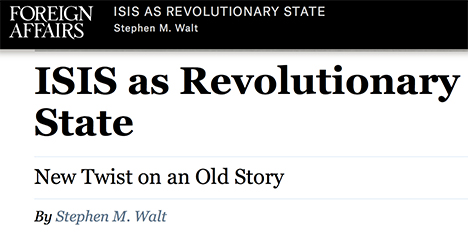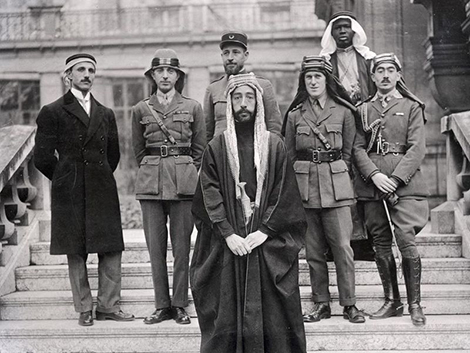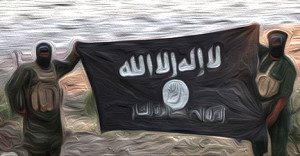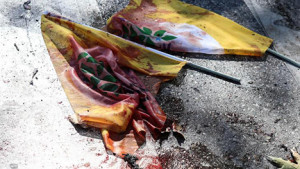Mystique of Monarchy
Post-War Watch – April 19, 2016
https://postwarwatch.com/2016/04/19/mystique-of-monarchy/
MADAWI AL-RASHEED — Limited social and political reforms in Saudi Arabia only prolong the life of authoritarianism.
Although Saudi Arabia’s government relies on the religious establishment for its legitimacy, there are multiple groups and factions that fall under the Islamist category. How does the monarchy understand the relationship between Saudi’s religious establishment and political governance?
The dynamic at the heart of this question is better understood as one between religion and politics within the Kingdom of Saudi Arabia. The relationship between these two spheres has evolved through the twentieth century. There is not one way of describing the interaction between religious and political entities, simply because it is subject to the political will of the regime — and the government’s evolving connection to official Islam and Islamists’ discourses and practices. Ultimately, this relationship has gone through three distinct phases since the consolidation of the modern state
The first phase (1960s-1990s) can be described as one of cooperation and instrumentalization. Since the establishment of the modern Saudi kingdom in 1932, the al-Saud political leadership tried to cooperate with the religious establishment in their country. The royal family institutionalized their discourse by creating specific religious bodies and honoring key figures for their support of the regime. Saudi Arabia’s government claimed legitimacy as the leadership that applies Islamic law and protects the Holy Cities — as well as directs outreach to Muslim communities around the globe. The regime’s efforts to incentivize religious bodies to support the monarchy derived potency from the fact that Saudi’s religious groups operated according to a populist ethos: religious figures can reach people in mosques, schools, universities, as well as exercise control over the judiciary.
The second phase began in the early-1990s, following the 1990-1991 Iraqi invasion of Kuwait. During this period the Saudi regime alternately repressed and accommodated opinions from the multiple voices within the religious establishment and the splinter groups around it. Saddam Hussein’s military operations posed a serious threat to Saudi Arabia’s security and economy. The royal family understood that it needed to bring foreign, non-Muslim soldiers onto Saudi soil to defend the Kingdom — an action that angered conservative religious elements. Immediately after the Iraqi invasion, the Saudi regime began repressing Islamist voices that dissented against cooperation with United States and other foreign militaries.



